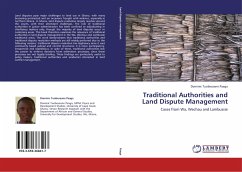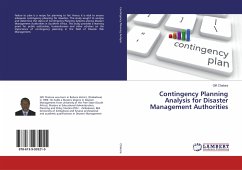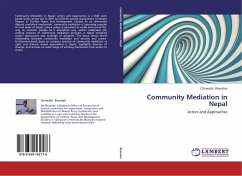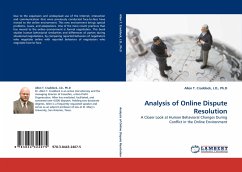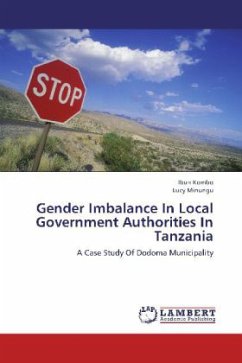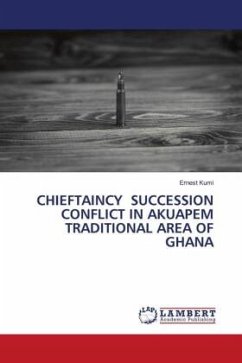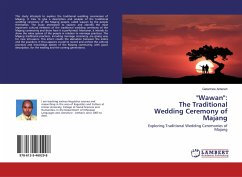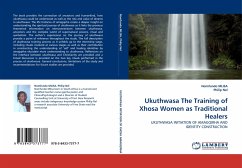Land disputes pose major challenges to land use in Ghana, with many becoming protracted and on occasions fraught with violence, especially in northern Ghana. In Ghana, land dispute resolution largely revolves around the courts, with their attendant challenges. The role of traditional authorities in justice administration has been confined to adjudicating in chieftaincy matters only, though the majority of land disputes occur in customary areas. This book therefore examines the relevance of traditional authorities in land dispute management in the Wa, Wechau and Lambussie traditional areas. The work demonstrates that traditional authorities and traditional dispute resolution methods are still widely preferred due to the following reasons: traditional dispute resolution has legitimacy since it uses community based judicial and control structures; it is more participatory, inexpensive and expeditious. In spite of these, traditional authorities lack the power to enforce decisions from arbitration processes, since these processes are not legally binding. These findings are particularly useful to policy makers, traditional authorities and academics interested in land conflict management.
Bitte wählen Sie Ihr Anliegen aus.
Rechnungen
Retourenschein anfordern
Bestellstatus
Storno

